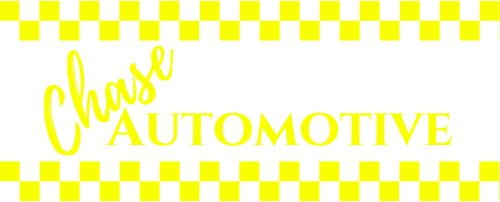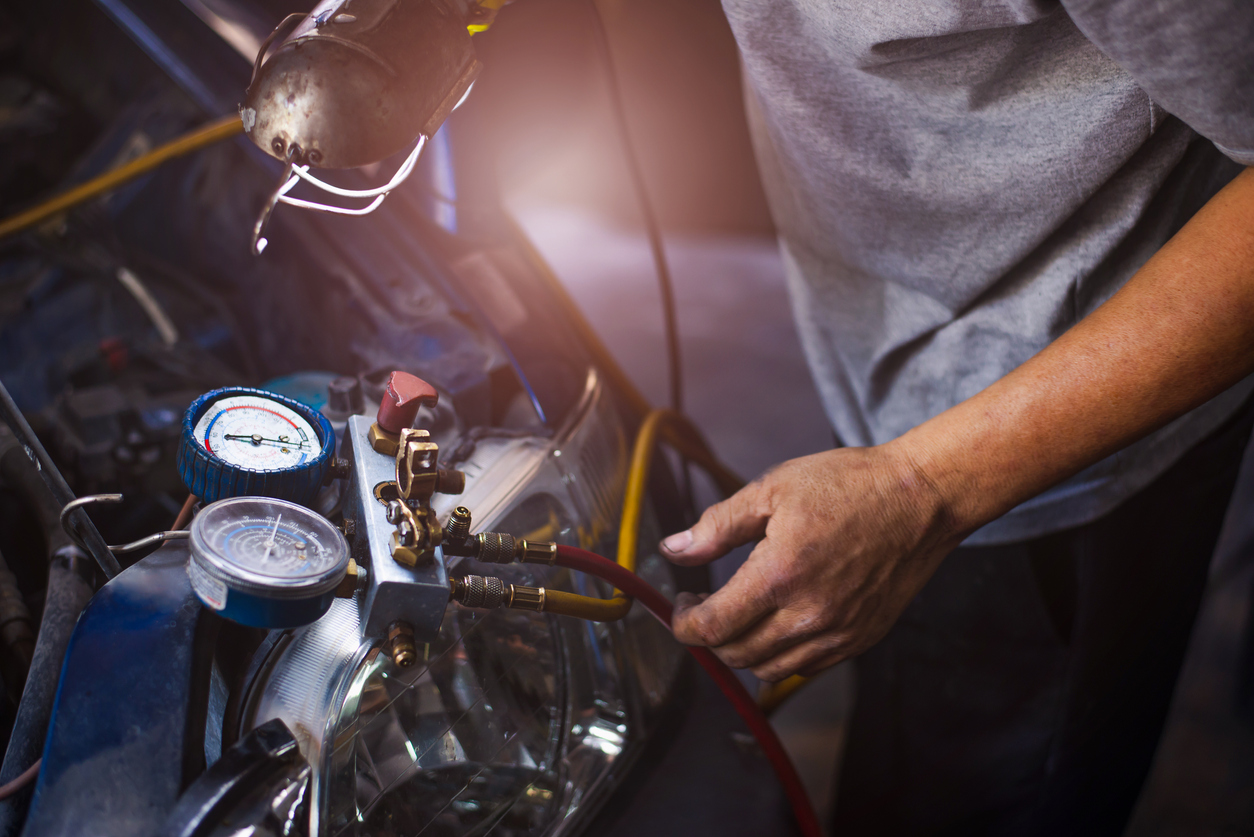Now that the summer is almost here, one of the more popular things for car owners to try to do themselves is to recharge their auto air conditioning unit with a store-bought recharge kit. While this may seem for the typical owner to almost be too good to be true, let us tell you some facts around these DIY air conditioning kits…
One of the biggest issues with DIY air conditioning kits is that they do not get rid of the fluids and refrigerants that are still are in your system. They merely add refrigerant to what is already there – sort of like topping off your engine oil. While on the surface this might seem a good thing, it doesn’t address the root cause of your issue and may even lead to more problems down the road.
A little known fact is that a/c refrigerant does not evaporate, but rather it leaks. So, if your system is low on fluid, that means you are leaking said fluid right into the atmosphere, potentially causing harm to the ozone – especially if you are in an older vehicle (using CFC-12). In fact, this refrigerant itself isn’t allowed to be produced in the United States anymore due to the issues it causes with the environment.
Different contaminants can leak into your a/c system, such as dirt, grime, and dust. This in turn can cause different components of the system to clog, causing further damage and limiting its ability to cool your car down.
Since manual recharge kits only refill your system, water and other contaminants can be left inside of it. In fact, when water is mixed with refrigerant it can do something known as “hydrolyze”, forming hydrochloric and hydrofluoric acid which eats away at various components and creates sludge that clogs the entire system.
It’s never safe to mix different types of refrigerant together. This can cause unsafe chemical reactions and potentially damage the compressor or other parts of the system, especially if you do not know exactly what kind of refrigerant you are using. Always make sure to bring your car to an ASE-certified technician to have it checked out before you even think about using one of these recharge kits.
Typical with many of the recharge kits, they claim to be able to fix current and prevent future leaks. Unfortunately, the sealant they use doesn’t usually work or if it does, it tends to clog other parts of the system as well which creates bigger problems for your vehicle.
For more information on your vehicle’s a/c system, give us a call at 303-344-4670!

